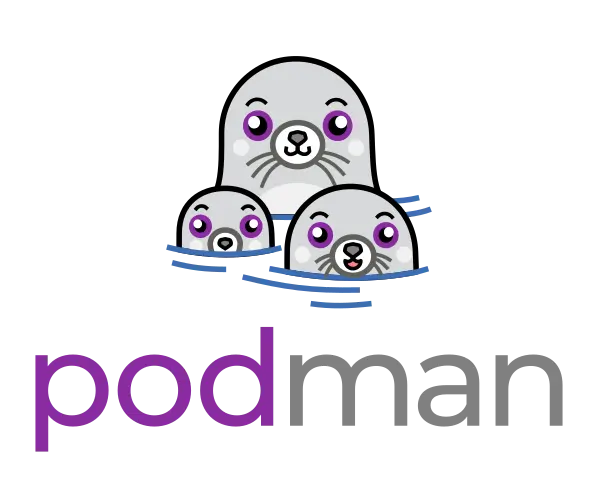Podman

Podman (Pod Manager) is a daemonless, open-source container engine that enables users to manage containers and container images on Linux systems. Developed by Red Hat as part of the containers/libpod project, Podman provides a command-line interface compatible with Docker while addressing several architectural limitations of traditional container engines. Unlike Docker, which relies on a privileged daemon process, Podman operates with a fork-exec model that executes containers with the same user permissions as the calling process, significantly enhancing security by eliminating the need for a privileged daemon. This daemonless architecture prevents a single point of failure and aligns with Unix philosophy by having tools do one thing well rather than relying on a monolithic daemon. Podman supports both rootless and root-based container execution, allowing unprivileged users to create and manage containers without compromising system security.
Podman’s capabilities extend beyond basic container management to include pod-based container orchestration similar to Kubernetes. The tool can create and manage pods—groups of containers that share network namespaces, enabling complex multi-container applications to be deployed with proper isolation and communication paths. For organizations transitioning from Docker or exploring container technologies, Podman offers several key advantages, including a familiar command-line interface that minimizes the learning curve for Docker users, comprehensive support for OCI (Open Container Initiative) standards ensuring compatibility with existing container ecosystems, and native integration with systemd for reliable service management. Podman’s integration with other tools in the container ecosystem, such as Buildah for building container images and Skopeo for image management, creates a comprehensive container platform that addresses the entire container lifecycle. Additionally, Podman Machine provides a virtual machine-based solution for running Podman on non-Linux systems, making it accessible to developers working on Windows or macOS. These features, combined with Podman’s security-focused architecture, make it an increasingly popular choice for organizations adopting containers, particularly those with stringent security requirements or existing investments in Red Hat technologies.
Advantages
- Daemonless architecture eliminates privileged daemon security risks and provides improved stability
- Rootless container support enables unprivileged users to safely work with containers without compromising system security
- Pod-native design facilitates migration paths to and from Kubernetes environments
- Direct integration with systemd simplifies container lifecycle management as system services
- Drop-in replacement for most Docker commands reduces transition costs for existing Docker users
Risks
- Performance differences compared to Docker may require tuning in high-throughput environments
- Some third-party tools and platforms may not fully support Podman integration despite Docker compatibility
- Network configuration complexity can increase in advanced multi-pod scenarios
- Limited graphical user interfaces may present challenges for administrators transitioning from GUI-centric tools
- Documentation and community support, while growing rapidly, still lag behind more established container technologies
